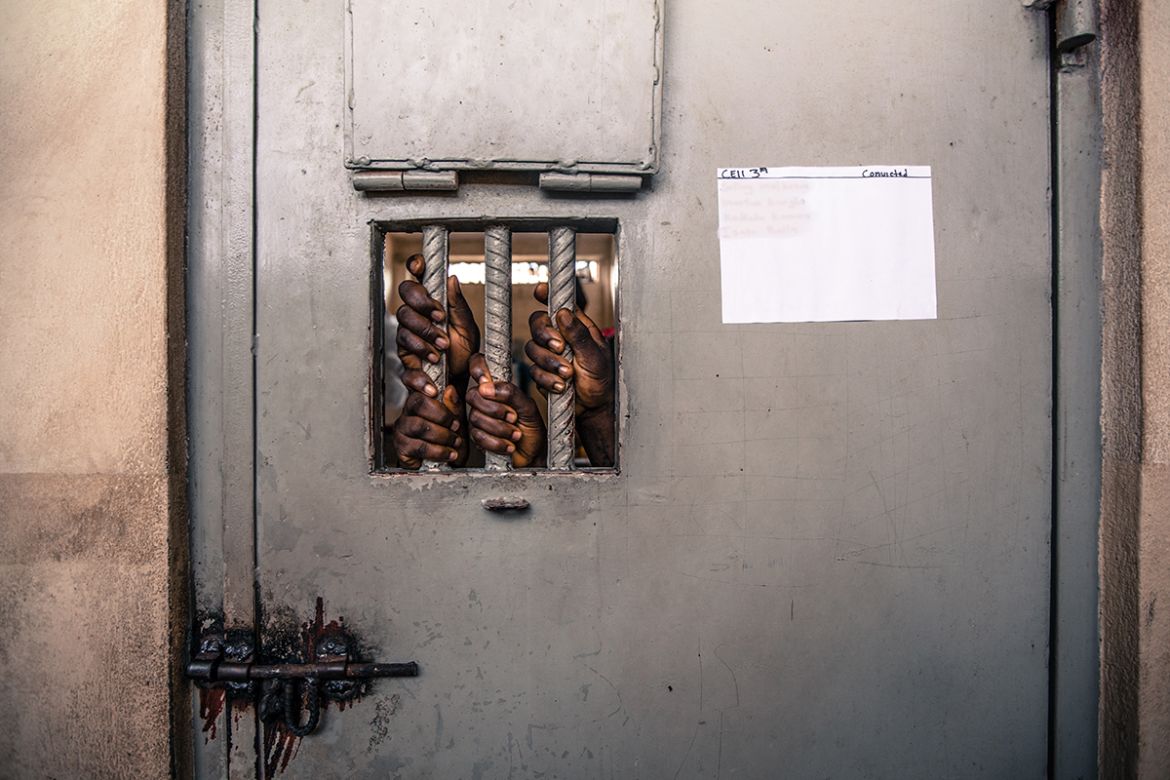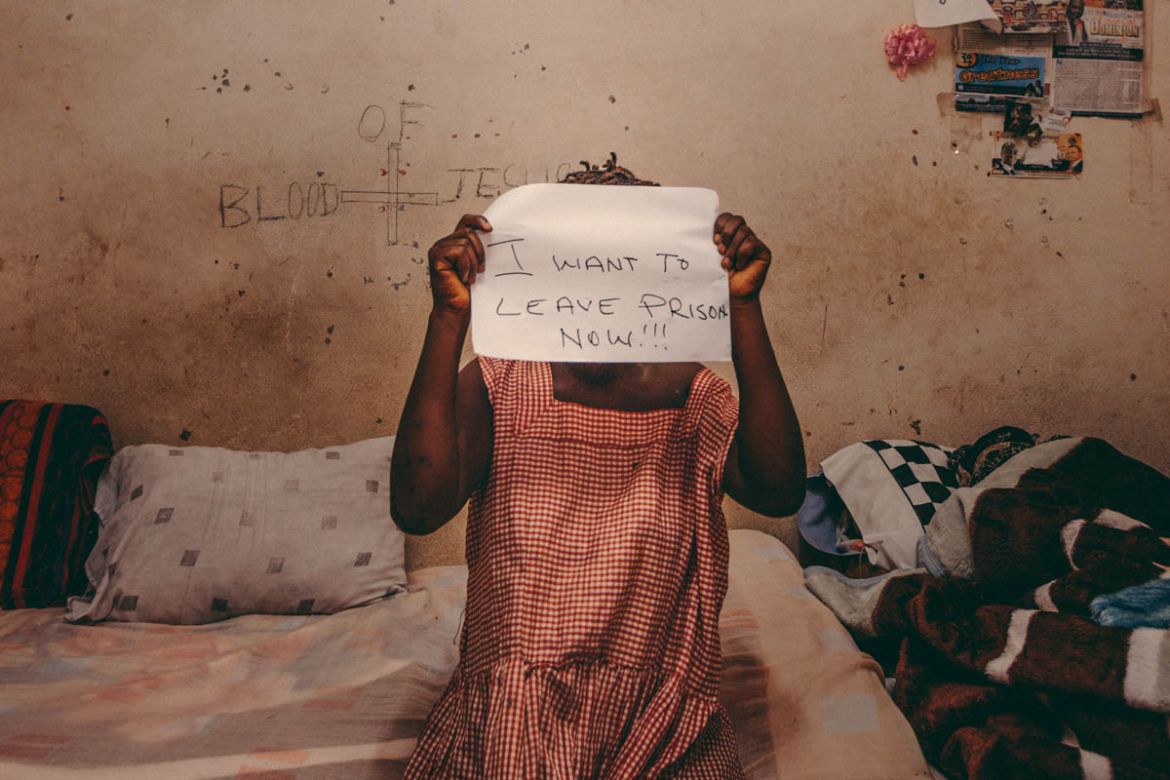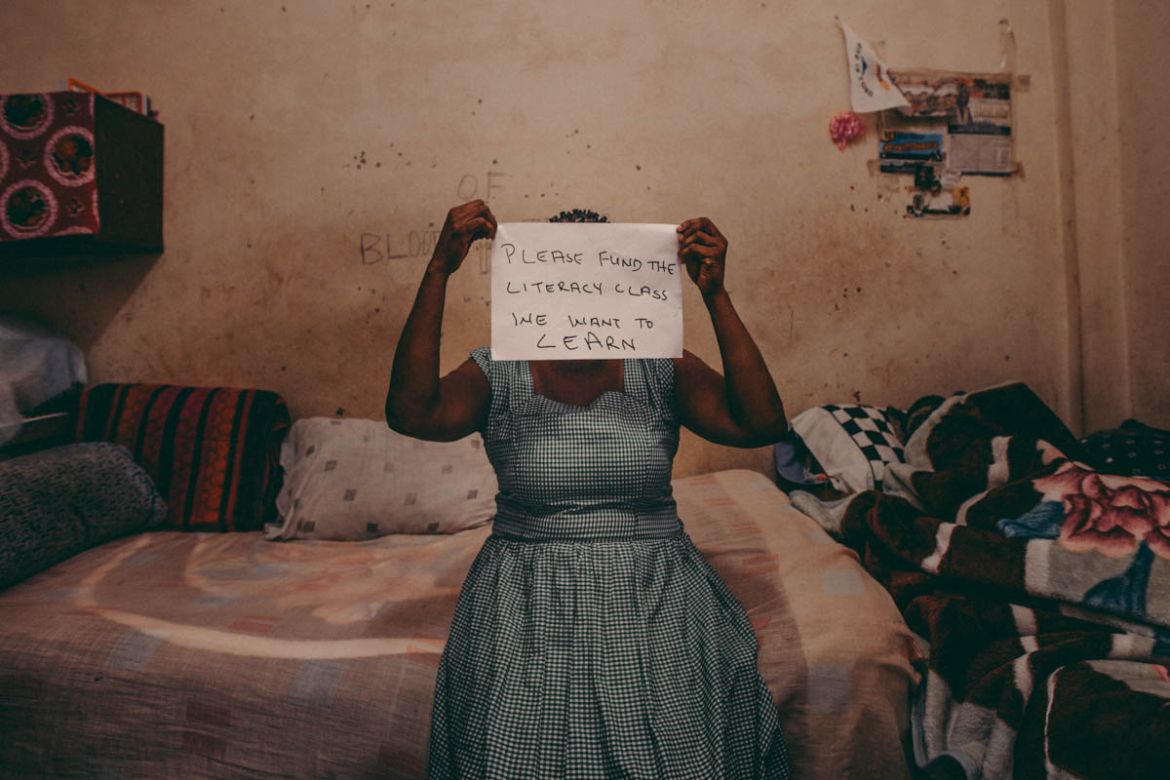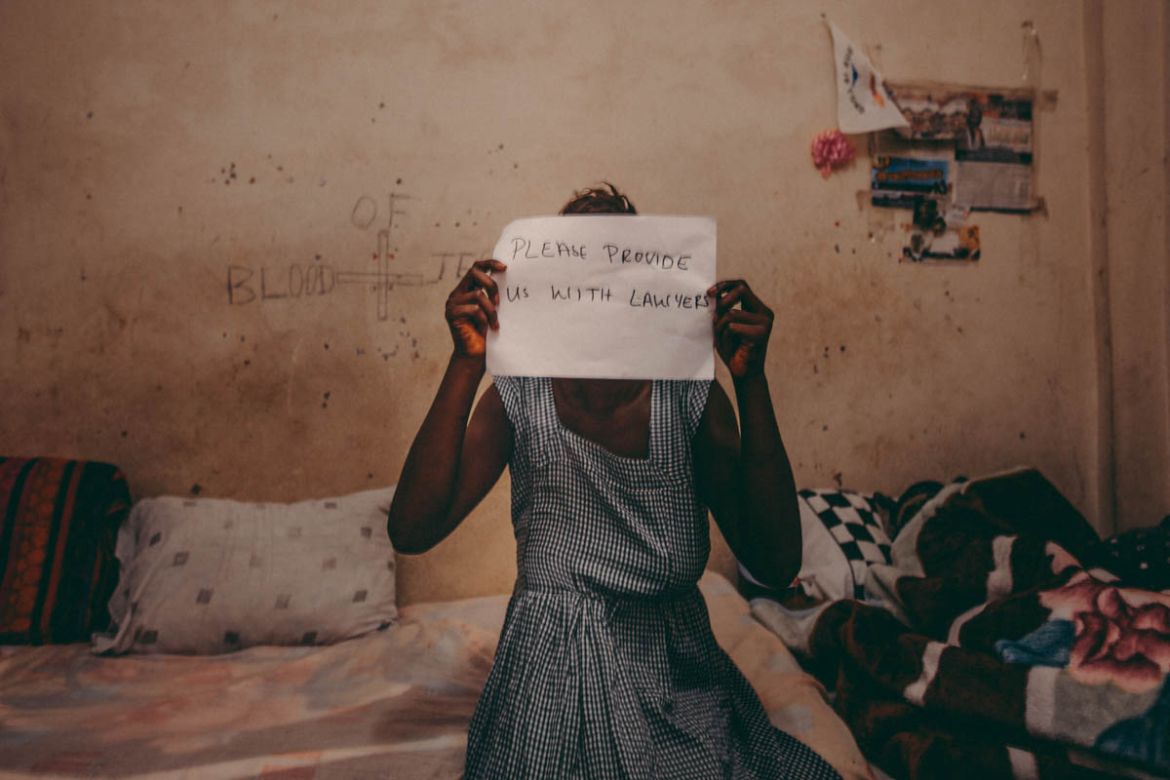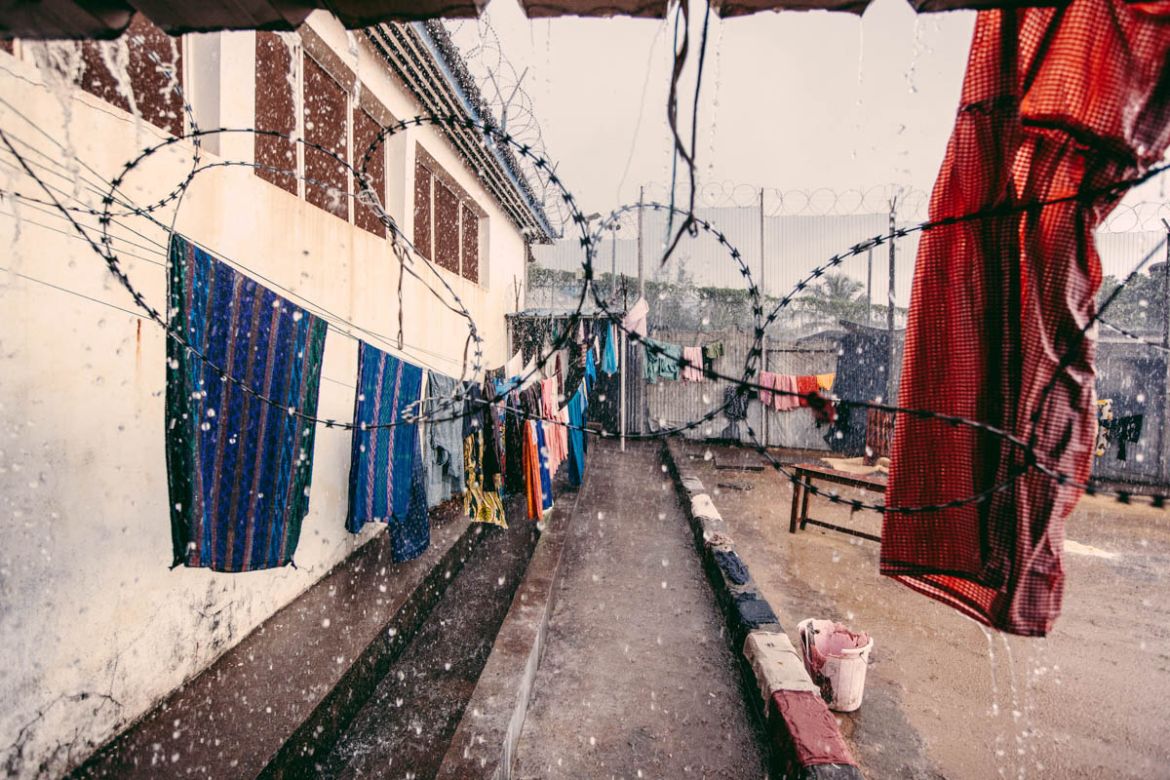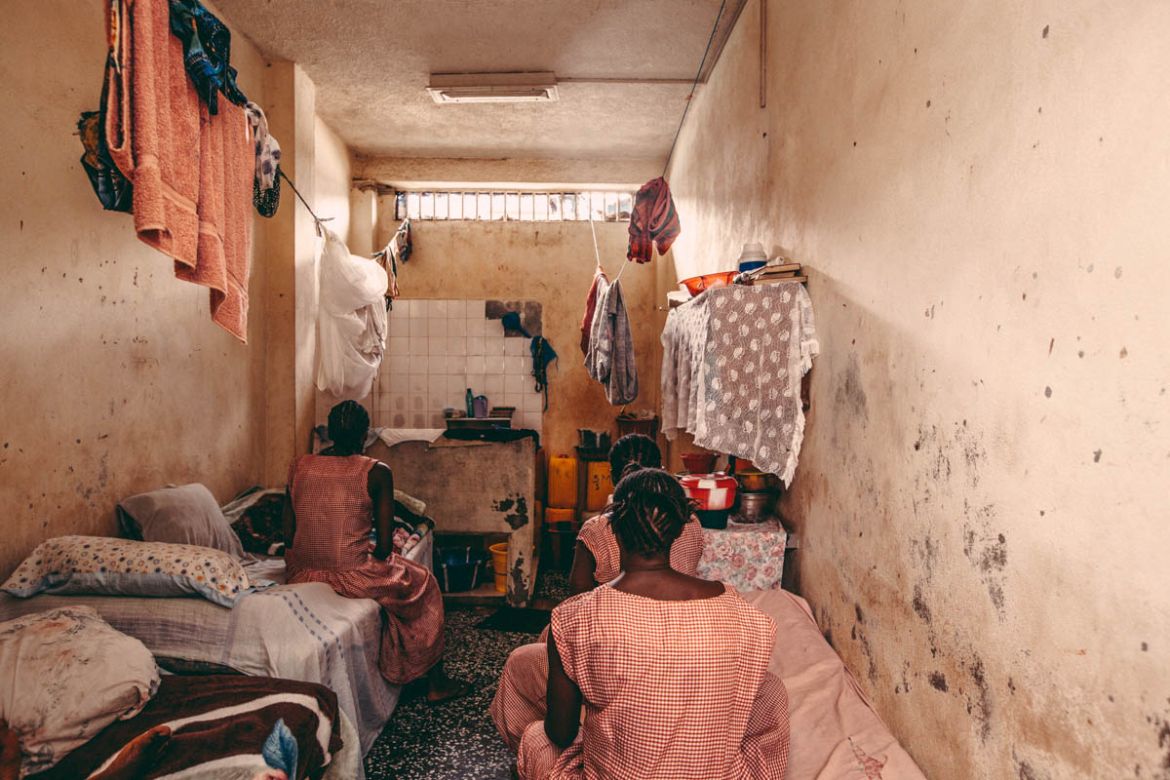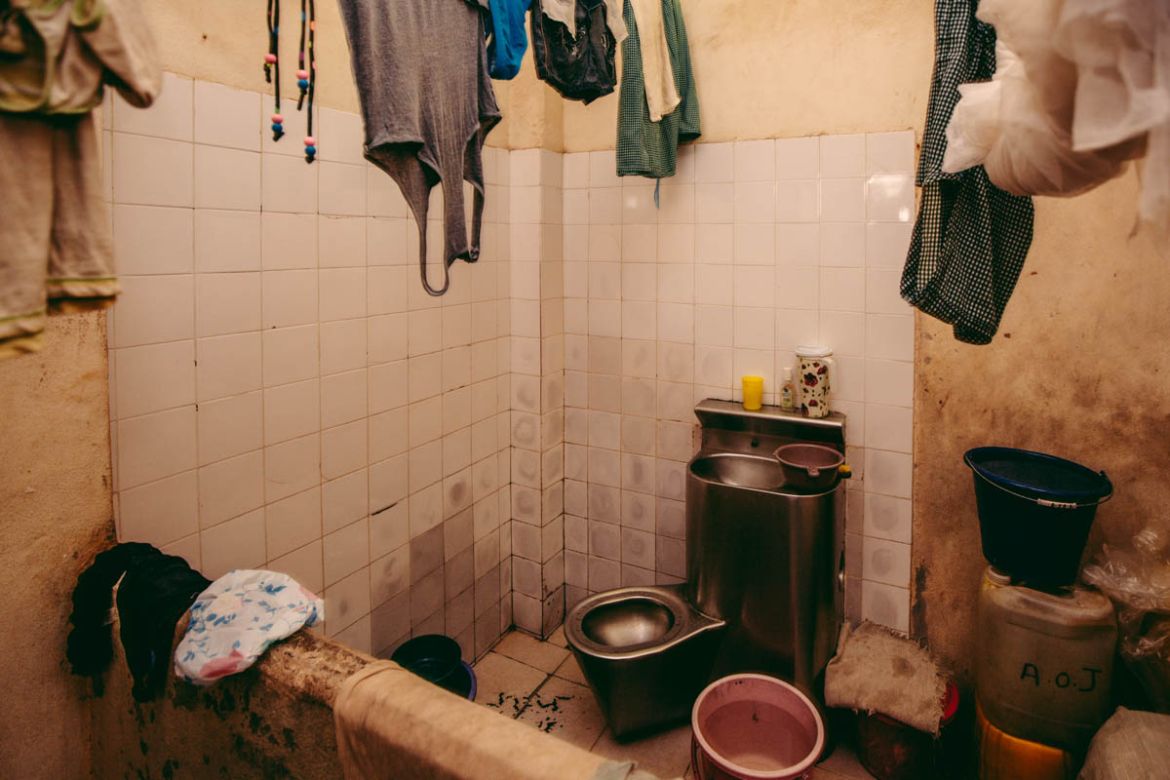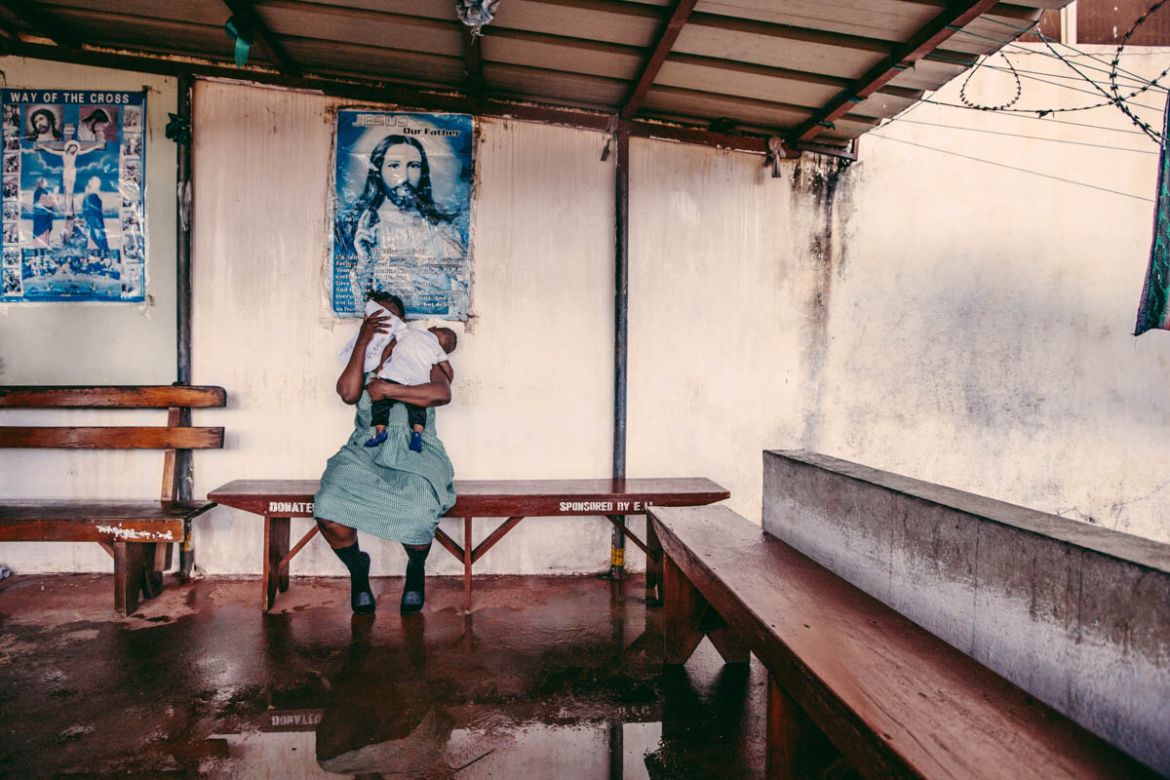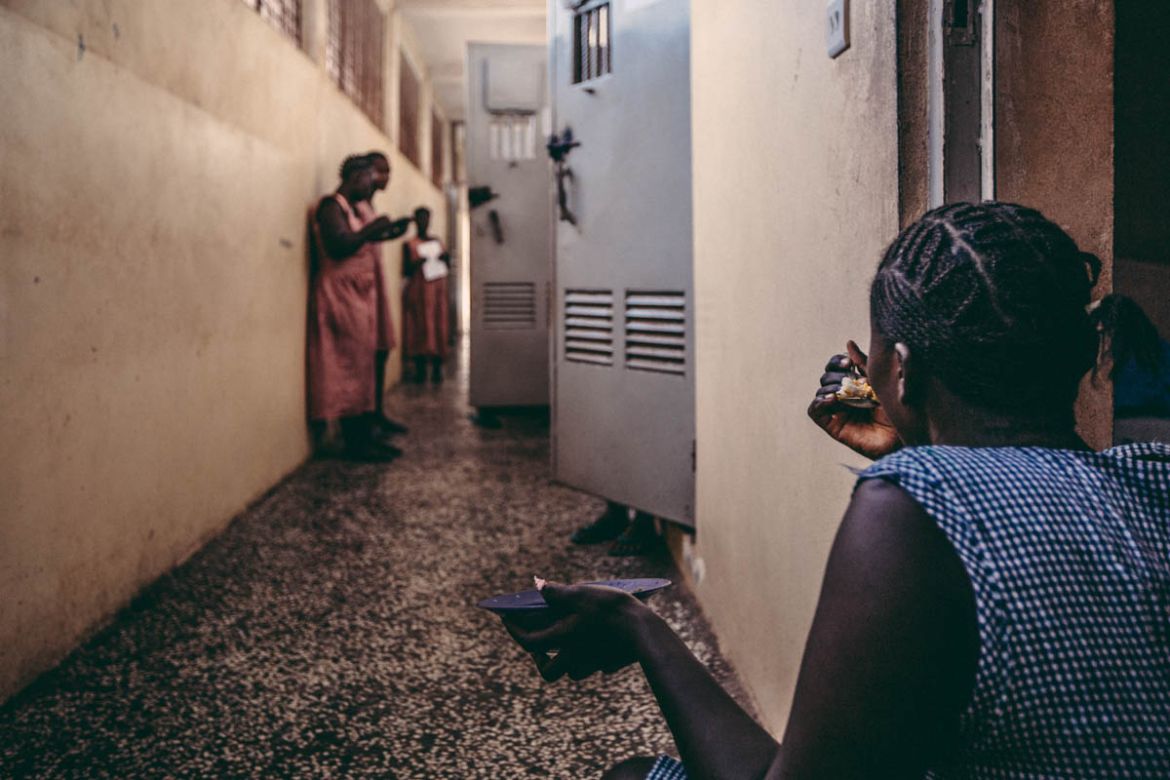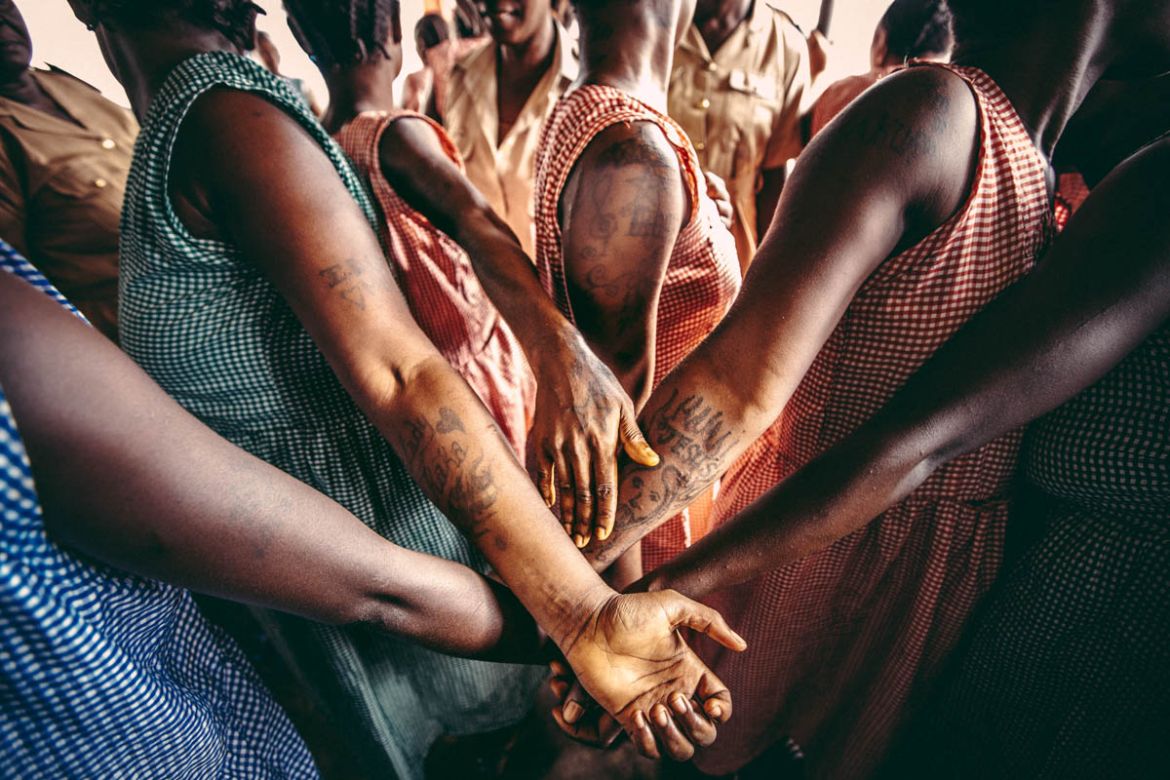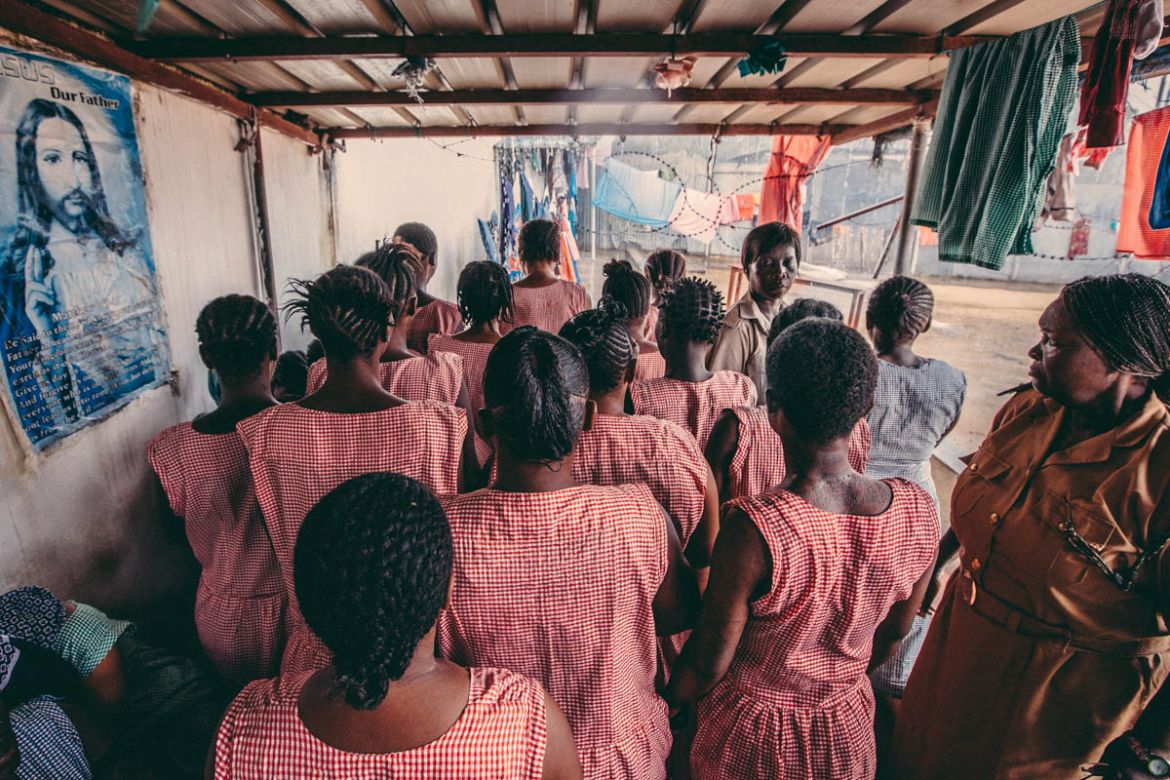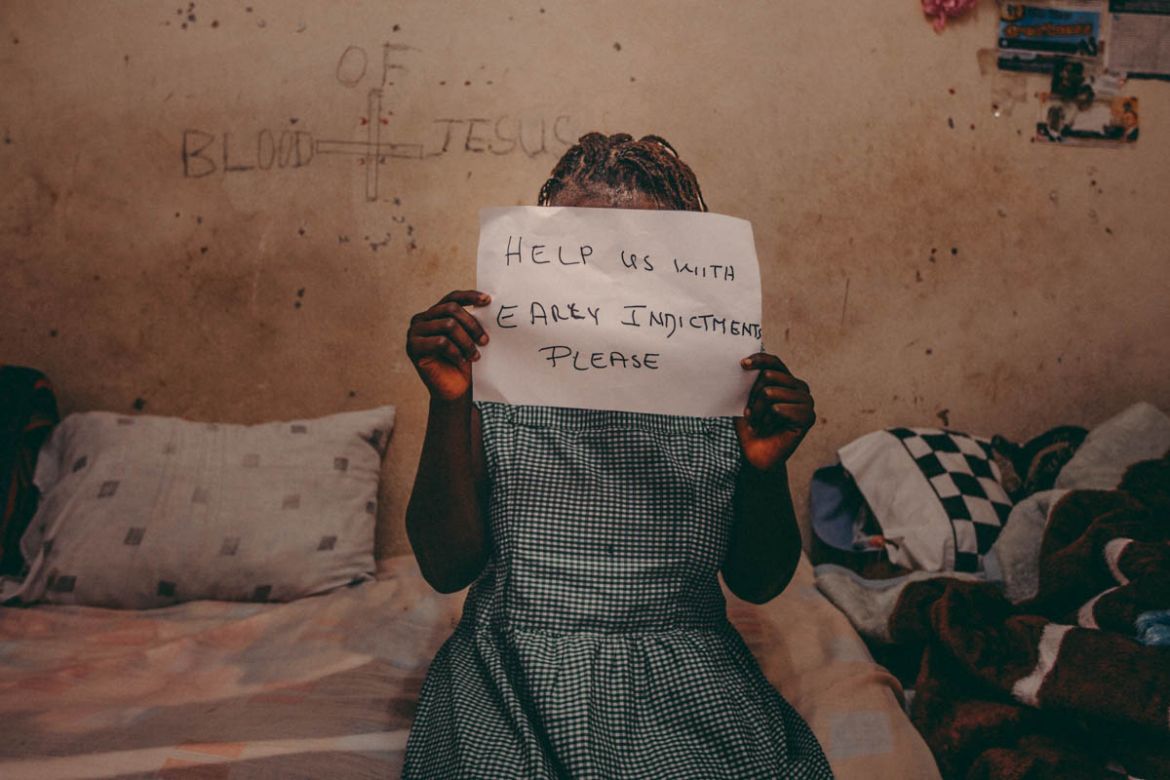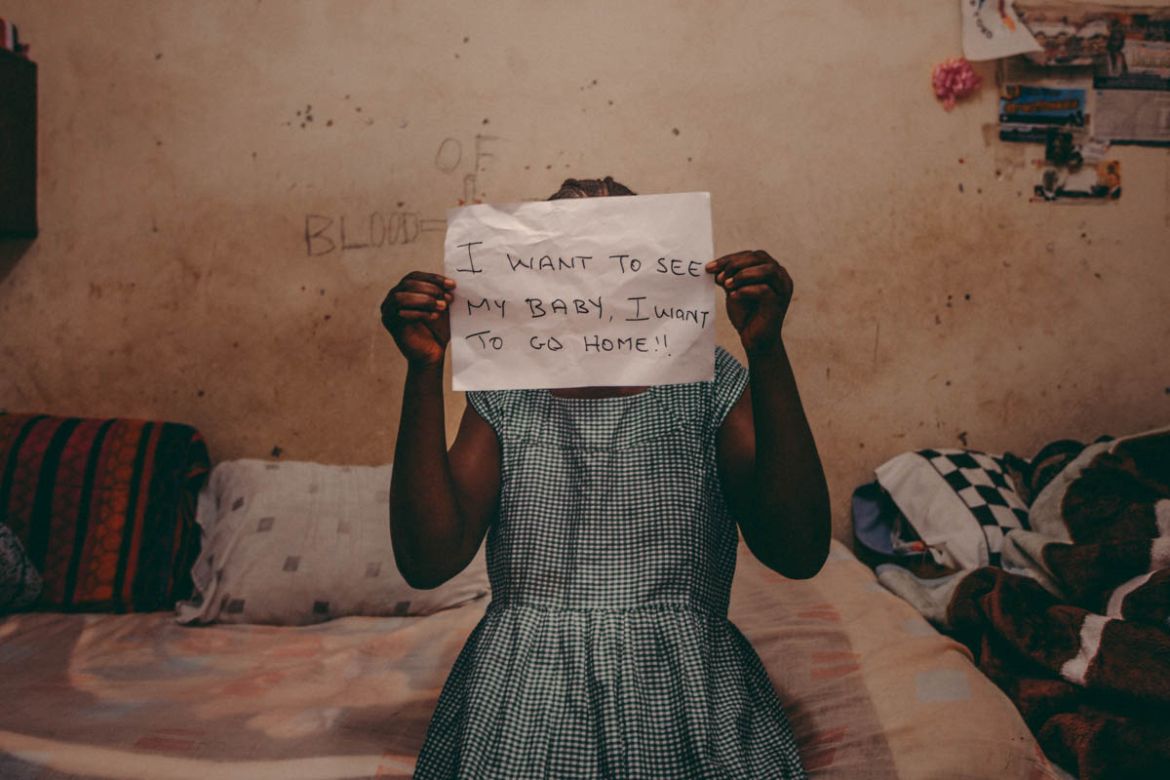In Pictures
Inside Sierra Leone’s maximum security prison for women
The Freetown Female Correctional Centre houses about 90 women and their children.
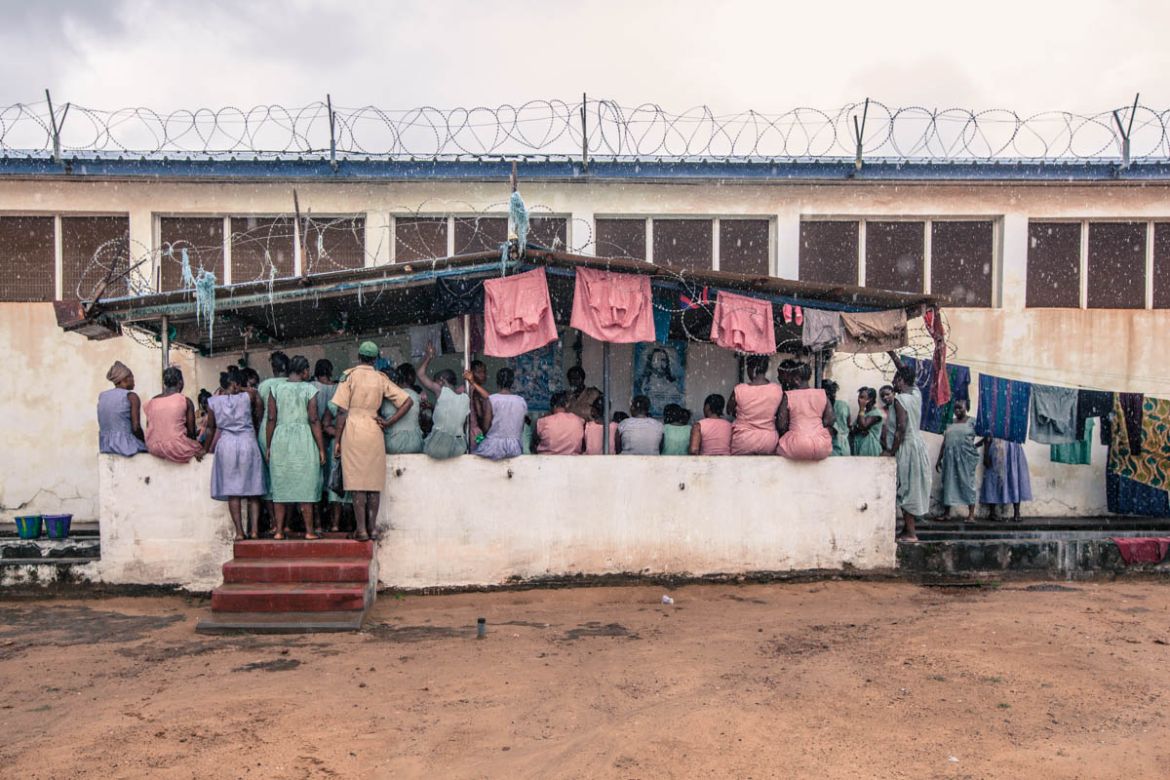
The number of female prisoners in Sierra Leone has doubled in the last three years.
There are only two separate detention facilities for female prisoners in the country.
The largest separate detention facility is the Freetown Female Correctional Centre which holds around 90 female prisoners and their children.
Women on death row or those who are serving life imprisonment sentences are also held at the facility.
Sierra Leone still retains the death penalty for murder, treason and armed robbery.
However, the majority of female prisoners are arrested for minor, petty offences such as theft, loitering, disorderly behaviour or debt.
These laws are vague, poorly defined and disproportionately affect the poor.
Many women spend excessive time in prison waiting for their trial to be heard or serving sentences simply because they cannot afford to pay the alternative fine.
AdvocAid Sierra Leone is the only holistic organisation working to provide access to justice, education and empowerment for women and girls in conflict with the law in Sierra Leone.
AdvocAid has freed four women on death row through appeals or pardons and provided free legal advice to over 4,000 women since 2006.
Editor’s note: Names have been changed to protect the women’s identities.
